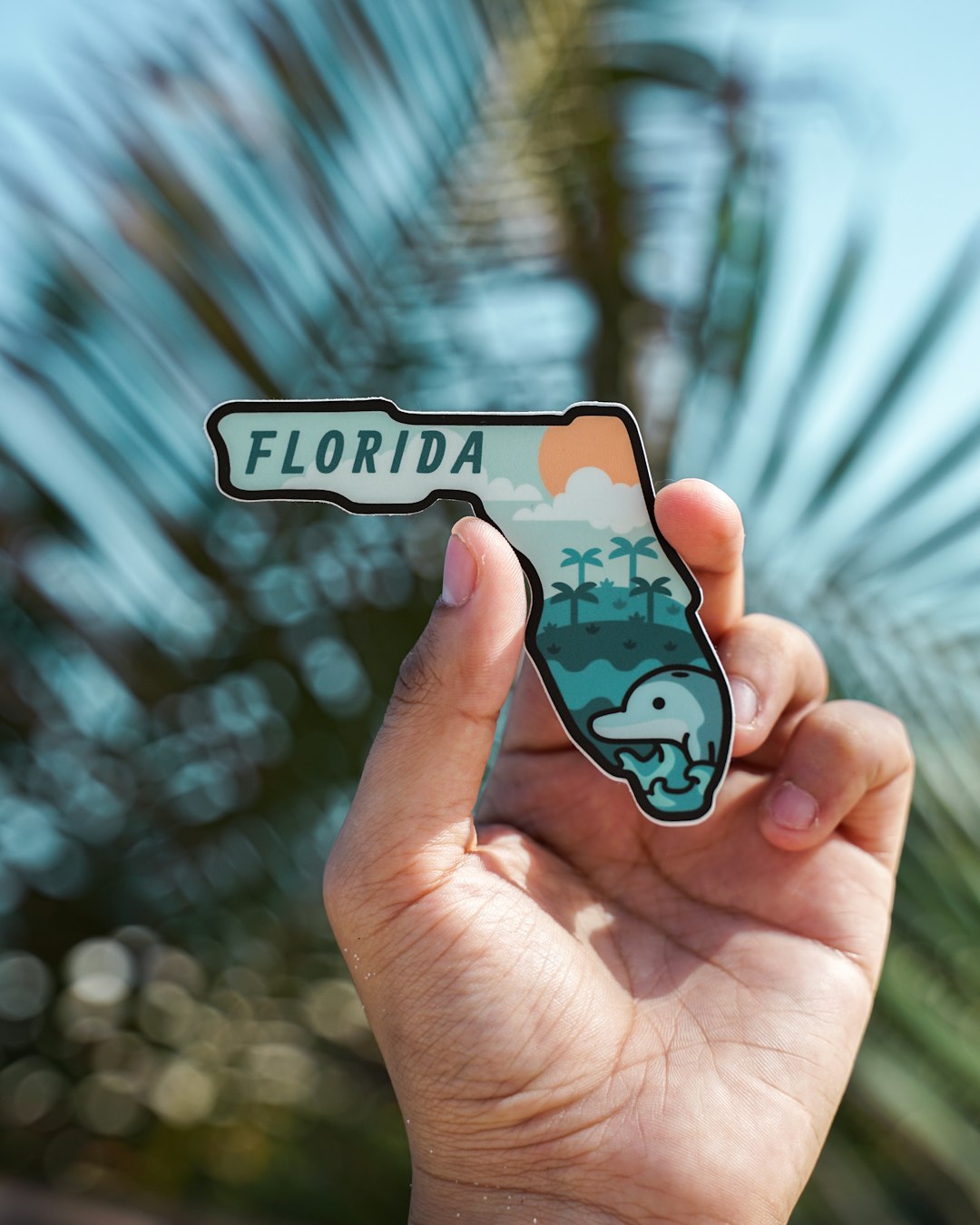In Florida, the Telephone Consumer Protection Act (TCPA) safeguards residents from unwanted telemarketing during the popular Snowbird season. With scammers targeting seasonal visitors with scams like fake lottery wins and phony class-action lawsuits, understanding the state's strict regulations on automated dialing and prior explicit consent is crucial. A reputable Spam Call law firm in Florida can help navigators of these laws avoid legal issues while enjoying their stay. Businesses must respect local do-not-call lists, time zones, and consumer protection laws to build trust with Snowbirds.
“Welcome to the Fort Myers Snowbird Season guide, where we explore the unique challenges of telemarketing during this bustling time. As seasonal residents flock to sunny Florida, so do fraudulent calls, making understanding the state’s Spam Call Law crucial for both residents and marketers. This article delves into common scams targeting snowbirds, navigates legal boundaries across state lines, and offers best practices for ethical telemarketing. Stay informed and protect yourself from unwanted interruptions during your Florida getaway with insights from our Spam Call law firm.”
Understanding the Florida Spam Call Law: Protections for Snowbirds

In Florida, the Spam Call Law, also known as the Telephone Consumer Protection Act (TCPA), offers significant protections to residents, especially during the Snowbird season when many out-of-state visitors arrive. This law restricts telemarketers from making calls using automatic dialing systems or prerecorded messages without prior explicit consent. Violations can result in substantial fines and legal repercussions.
Snowbirds, given their transient nature, are particularly vulnerable to spam calls. A reputable Florida spam call law firm can help navigate these regulations and educate individuals on how to protect themselves from unwanted telemarketing. Understanding one’s rights under the TCPA is crucial for avoiding potential legal issues and ensuring a peaceful stay in the Sunshine State.
Common Telemarketing Scams Targeting Seasonal Residents

Fort Myers is a popular winter destination for snowbirds, but with increased population comes an unfortunate rise in telemarketing scams. Seasonal residents, excited to settle into their temporary homes, may find themselves targeted by unscrupulous businesses and con artists. From false lottery wins to fraudulent investment schemes, these scammers often pose as legitimate representatives to take advantage of unsuspecting individuals.
One common tactic is spam call law firms that claim to have won a class-action lawsuit against major companies, offering generous settlement fees in exchange for personal information. Another involves door-to-door sales pitches for home maintenance or security services, with high-pressure sales techniques designed to secure immediate commitments. Snowbirds should remain vigilant, verify the legitimacy of any unexpected calls or visits, and protect their personal and financial data during this busy season.
Navigating Legal Boundaries: What You Need to Know When Making Calls Across State Lines

When it comes to telemarketing, navigating legal boundaries is as crucial as hitting the right numbers. If your target audience spans across state lines, understanding the regulations in each jurisdiction becomes essential to avoid what’s commonly known as a “spam call.” Florida, for instance, has strict laws governing unsolicited telephone calls, with penalties for violations.
Each state has its own set of rules regarding do-not-call lists, disclosure requirements, and consent. For example, Florida requires telemarketers to obtain written consent from residents before making any sales or solicitation calls. Ignoring these laws can lead to legal repercussions, including fines and damage to the company’s reputation. Therefore, it’s imperative for businesses to research and comply with local Spam Call law firm regulations, ensuring their marketing practices remain within legal boundaries.
Best Practices for Telemarketers During the Fort Myers Snowbird Season

During the Fort Myers Snowbird season, telemarketers face unique challenges as they navigate a high volume of potential customers from out-of-state. To avoid alienating residents and complying with Florida’s strict Spam Call law firm regulations, it’s crucial to employ best practices that foster respectful interactions. Telemarketers should prioritize personalized approaches, focusing on understanding local preferences and needs rather than employing aggressive sales tactics.
Adhering to local time zones, respecting do-not-call requests, and providing clear opt-out options are essential. Additionally, telemarketers should be well-versed in Florida’s consumer protection laws, ensuring all communications are honest, transparent, and compliant with the state’s Spam Call law firm guidelines. By doing so, they can build trust and foster a positive perception of their brand among Fort Myers’ Snowbird community.






